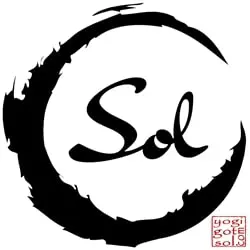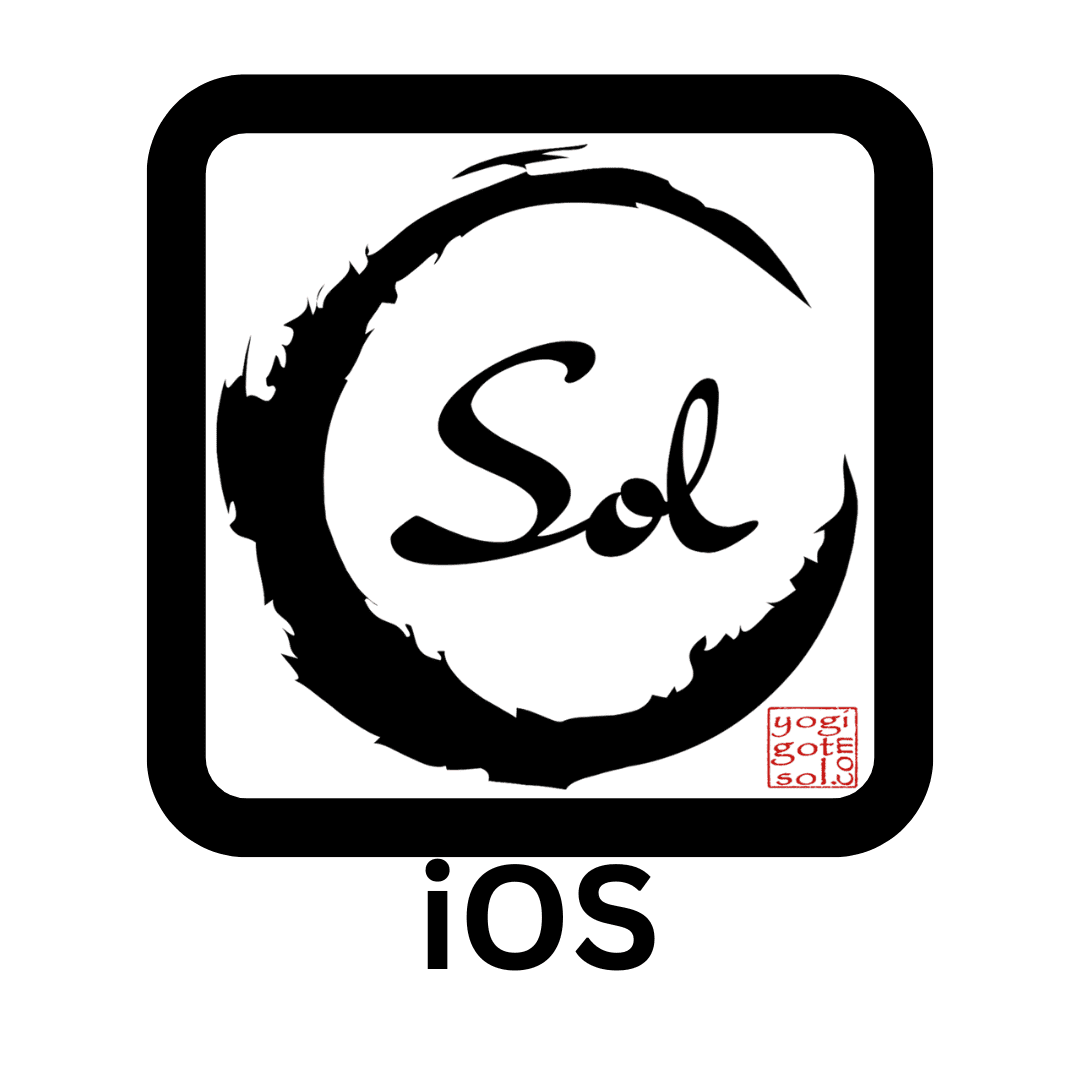🔥 From Angareia to Awakening: Turning Oppression into Enlightenment
🏛️ Origins in the Persian Empire
-
The term “angareia” comes from an ancient Persian system where royal couriers could requisition horses, labor, or assistance from local populations while carrying messages across the empire.
-
This system enabled a highly efficient communication network known as the Royal Road—a precursor to modern postal systems.
-
Civilians were required to obey under penalty of law, as these messengers acted with royal authority.
🛡️ Adaptation by the Roman Empire
-
The Romans adopted a similar practice, especially in occupied territories like Judea. Augustus (also known as Octavian) was the first emperor of ancient Rome. Augustus came to power after the assassination of Julius Caesar in 44 BCE. In 27 BCE Augustus “restored” the republic of Rome, though he himself retained all real power as the princeps, or “first citizen,” of Rome.
-
Roman soldiers could legally compel civilians to carry their packs or burdens for one mile—no more, no less. This was considered an enforced obligation, not a voluntary service.
-
This is the historical context of Jesus' teaching in Matthew 5:41:
“If anyone forces you to go one mile, go with them two.”
| Concept of Seva | |
|---|---|
| Inner devotion, compassion, unity | Kindness, grace, active compassion |
| Selfless services beyond obligation | Exceed what is required |
| Selfishness dissolves | Divine Spirit manifests |
| Liberation (moksha) | Peace that passes understanding |
💡 Key Insights
-
Angareia was a tool of imperial power—a symbol of domination and forced obedience.
-
Going the extra mile is radical: it transforms an act of oppression into a voluntary act of dignity.
-
In yogic terms, Seva transforms burden into blessing.
🕉️ Yogic Lens: Seva and Karma Yoga
In Karma Yoga (the path of action), action becomes sacred when done without attachment to results. This is where Seva—selfless service—arises. It’s not about obligation or reward. It’s about alignment with your svadharma (sacred personal purpose) and letting action flow through you as an offering.
"The second mile" becomes a symbol of voluntary transcendence:
-
You accept the first mile because it's demanded.
-
You offer the second mile because your heart is free.
For example, in the Bhagavad Gītā, where Krishna tells Arjuna:
“Perform your duty with equanimity, without attachment to success or failure. Such is yoga.”
(Bhagavad Gītā 2.48)
🌱 Modern Application: Flourishing Through Service
Today, “going the extra mile” might be:
-
Calm when someone is rude, and responding with kindness.
-
Helping even when no one expects it.
-
Showing up fully for a task that feels beneath you—but doing it with love.
Service is not about being humiliated. It’s about choosing service to build strength, not submission.
The motto of U.S. Army Special Forces (Green Berets) is "DE OPPRESSO LIBER" which is translated from Latin as "To Free the Oppressed."
At Sol Hot Yoga Studio, this shows up as:
-
Practicing Seva in the studio - cleaning blocks, folding laundry, leaving the space better than it was when you entered.
-
Practicing on our mats - breathing through the discomfort in balancing postures, and realizing the energy & strength on the other side.
-
Practicing the pauses - to make your practice a moving meditation means that you bring mindfulness & intention into your postures as well as the pauses & transitions; aware of your footsteps to find your place in the room, and how you clean your space as you leave the room.
Service is cultivated in every part of our yoga practice. It brings heightened awareness of the energy we bring into the space, and how that energy serves others. It takes great strength, focus, and selflessness to serve in this way - to go the extra mile for someone you don't know. These small choices & our daily action fuel a ritual of growth, grace, and gratitude.













